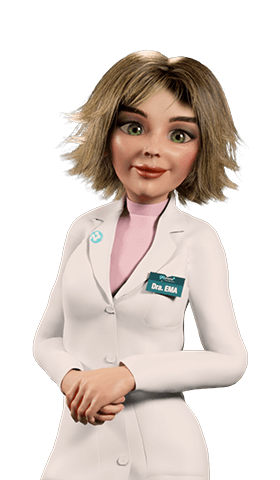Prevention
Heatwaves - Safe Summer!
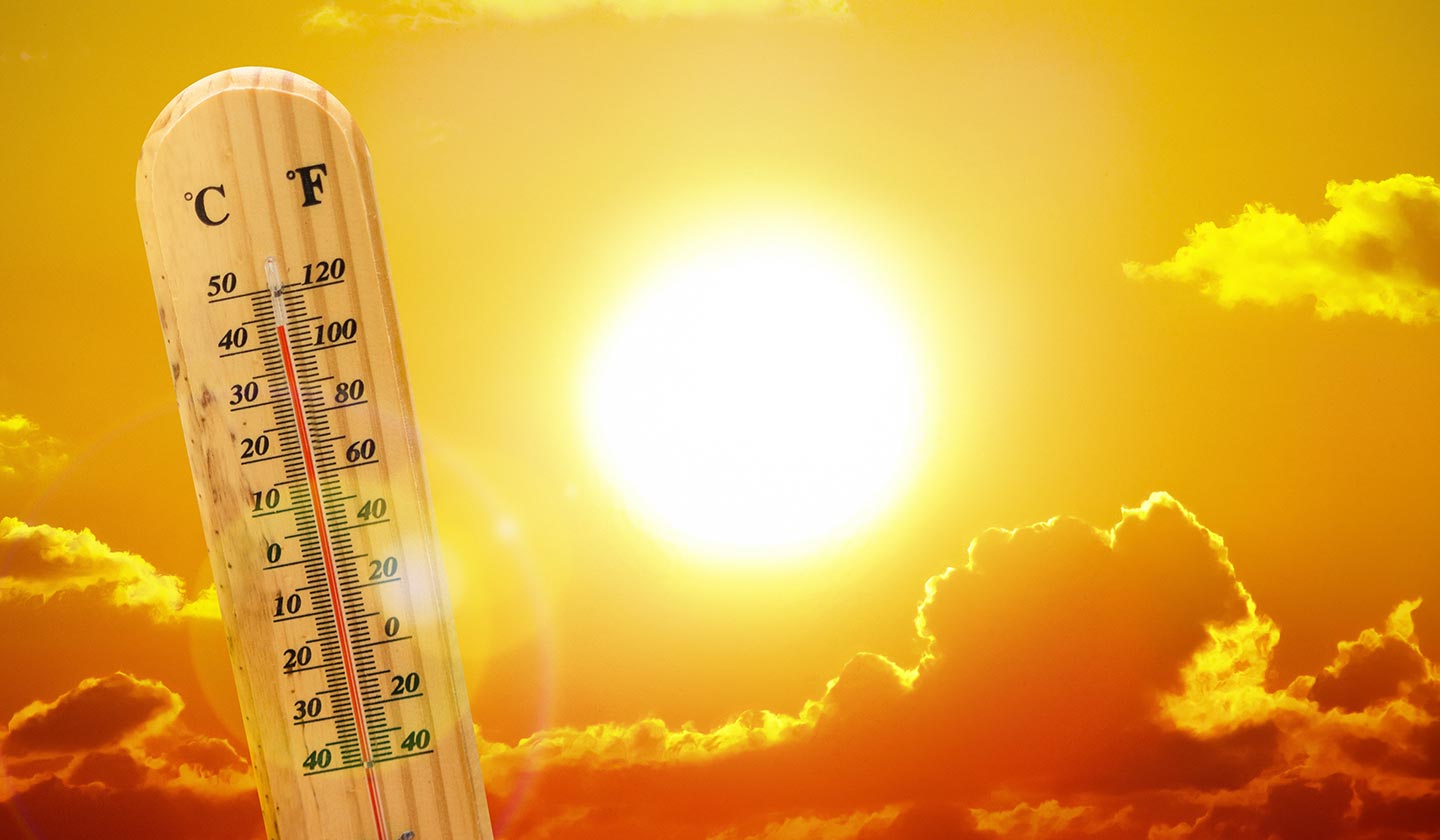
Heat waves, excessive heat for days and days, put your health at risk.
Why?
The human body has several mechanisms to regulate temperature - thermoregulation. When subjected to intense heat, the body can lose this capacity and body temperature rises sharply.
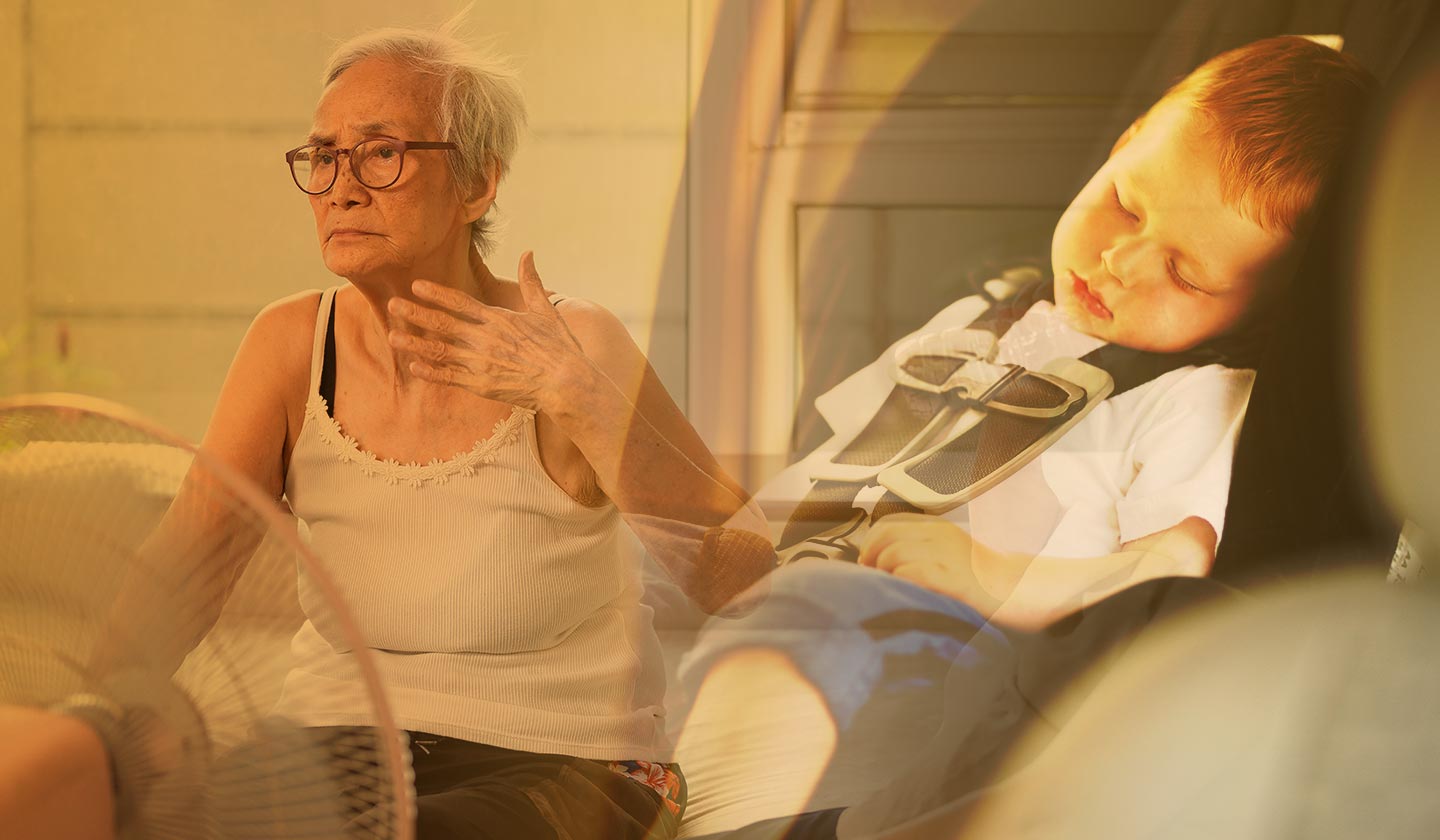
Fragile Bodies
Everyone is affected by the heat. But some people require special attention and care:
- Elderly people - do not adapt well to extreme temperatures and often suffer from chronic illnesses;
- Babies and Children - they are more sensitive to heat and depend on adults for protection;
- Chronically - especially those suffering from heart and respiratory diseases, diabetes and hypertension;
- Obese - Retain body heat and have more difficulty in cooling down;
- Bedridden and Mentally - May not feel or manifest thirst;
- Sportsmen and Outdoor Workers - Higher risk of dehydration;
- People taking medication that increases susceptibility to heat.
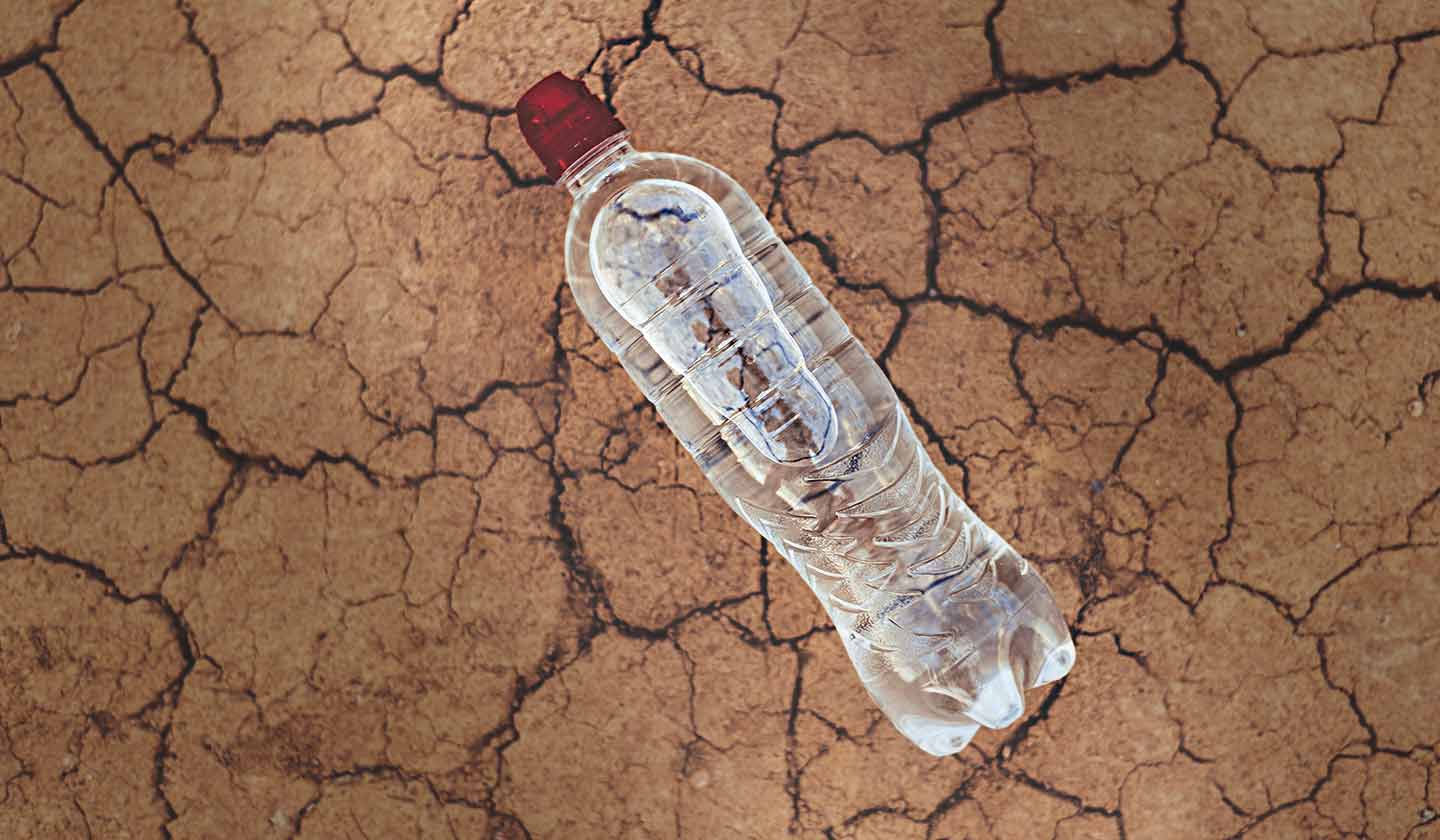
When the heat is too much
Heat waves are at the root of several health problems. To wit:
- Heatstroke - When the body rapidly reaches 39°C: high fever, red, dry and sweatless skin, rapid and strong pulse, headache and confusion, dizziness, nausea and loss of consciousness are the main symptoms.
- Exhaustion - This is not immediate, but may develop several days after exposure to extreme heat: it manifests itself by excessive sweating, pallor, muscle cramps, tiredness, weakness, headache, nausea and vomiting, fainting, rapid and weak pulse, rapid and shallow breathing, cold but moist skin.
- Dehydration - The body loses an amount of water and mineral salts in excess of its intake, which compromises the body's normal functions: symptoms range from weakness, dizziness, tiredness, dry mouth, excessive thirst, decreased urine volume or absence of tears.
Cooling down the body is fundamental, which is achieved by staying in the shade, soaking the body in cold or lukewarm water and drinking liquids. Because they are more serious, heat stroke and exhaustion require immediate medical help.
During these periods, it is also important to protect the skin from intense solar radiation to avoid sunburn: it damages the skin and compromises its cooling capacity, and can lead to more serious situations. Protect your body with a high-intensity sunscreen and your head with a hat.
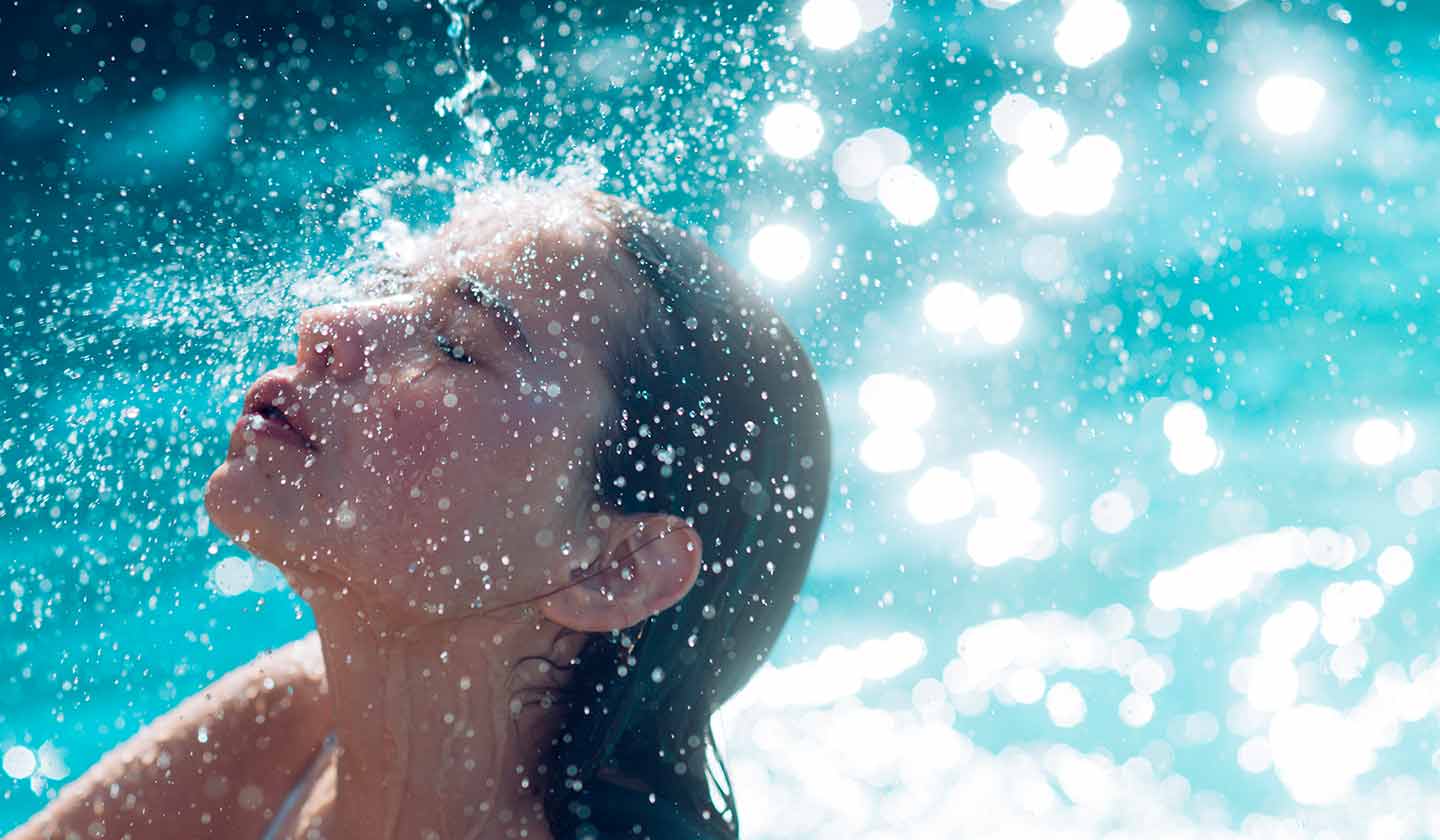
Preventing….
When the heat comes, prevention is the most effective form of protection. Thus, you should:
- Drink liquids frequently, even if you are not thirsty, avoiding alcohol, caffeine, fizzy or cold drinks;
- Have light meals more often a day;
- Avoid physical effort (sport) and outdoor activities at the hottest times of the day;
- Refresh the body whenever necessary
- Stay in cool places when solar radiation is more intense
- Wear light and fresh clothes;
- Travel at off-peak times.
Sources
MSDmanuals
Mayo Clinic
Também lhe poderá interessar
Prevention
Receiving the Sun in Good Health
Prevention

